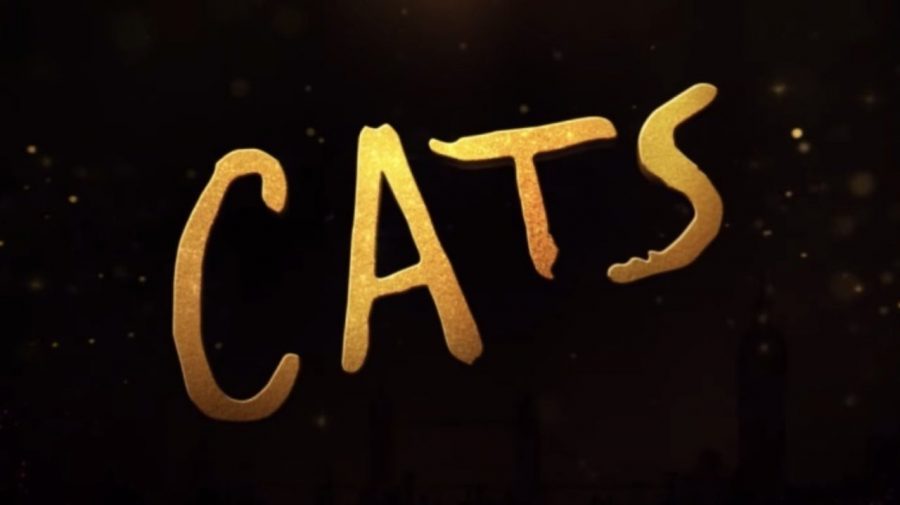Warcross is a narrative disaster brimming with terrible clichés
In Warcross, a simple virtual reality game is turned into the world’s most viewed event in history during its national championship. However, a struggling Emika Chen accidentally hacks into the competition and is seen by everyone, including long time idol of Chen, Hideo Tanaka, the CEO of the company and maker of Warcross
In Warcross, a simple virtual reality game is turned into the world’s most viewed event in history during its national championship. However, a struggling Emika Chen accidentally hacks into the competition and is seen by everyone, including long time idol of Chen, Hideo Tanaka, the CEO of the company and maker of Warcross. Surprisingly, Tanaka offers Chen a job after her sudden sling-shot into the game’s, and the world’s, spotlight.
Warcross is a science fiction novel written by Marie Lu, author of the Legendary trilogy. The book was released in 2017 to high praise, with some even claiming that it set cyberpunk sci-fi back in the right direction; however, after reading this book, I must say it feels awfully like other critically acclaimed books (like Ready Player One and Armada— both written by Ernest Cline). In my opinion, Cline has the upper hand, as he is a much more talented writer and world-builder. Those who say that Warcross revived the cyberpunk sci-fi genre must not know what cyberpunk is,because the book has a very lighthearted feeling of cyberpunk. Ready Player One is a perfect example of good, gritty dystopian science-fiction, while Warcross feels more like an up beat sci-fi novel.
The main character, Chen, feels a bit like a Mary Sue. She is an extremely talented hacker, but the book offers no explanation as to why other than the fact that she decided to take the skill up in a school class. On top of this, she’s hurtled into the national competition to play Warcross, where the only gauge for her skill is her saying that she’s good and her use of a Smurf account (an account high level players use to appear low level, so they can get easy wins in the games they play). She does have her troubles, which makes her more likeable and humanlike. The book starts off with Chen in a bounty hunt, looking for an illegal gambler on the run; however, like most media that starts this way, she fails and ends up not getting paid because someone else calls in the bounty before her. Chen’s immediate thought after that is of panic, as she’s currently financially crippled in every sense of the word.
The world of Warcross, as I’ve said before, doesn’t feel cyberpunk as some say. It’s described as the VR haven where self-driving cars and peppy VR models are on every corner, accompanied by bright colors and all around happiness. Cyberpunk is the complete opposite of this book’s world. Apocalyptic science fiction is more along the lines of Judge Dredd and Robocop, being a gritty world under a cyber-totalitarian rule.
The book’s ending is given away on the cover where it says “Player, Hunter, Hacker, Pawn” implying Chen is a pawn to someone who is obviously being pawned by a bigger player. The book ends in a comically predictable manner, when the secret, very obvious, villain is thwarted after Chen finds out what’s really going on.
Overall, this book was not my favorite. It is predictable and it feels like most of the characters are good because the author says so, but there are no real explanation besides a short paragraph. The characters have glaring flaws that ruin them as most are comically overused, obvious tropes and clichés that have been seen 1,000 times in media. The most in-depth the author goes into about the scenery of futuristic Tokyo is the fact that it has billboards— and a lot of them, apparently. This book was a drag to read, and because of that, I won’t even give it stars. It is a black hole of utterly cliché writing and pain for the reader. For those who enjoy anti-utopian science fiction, I’d stay away from this book, as it completely misses the mark on what true cyberpunk is supposed to be.

Hey, my name’s Ethan Bowen, I'm currently a junior here at Ryan. In my free time I enjoy writing, playing Dungeons & Dragons and painting tiny toy...





















